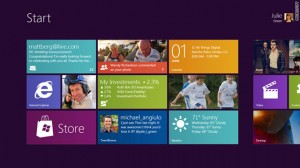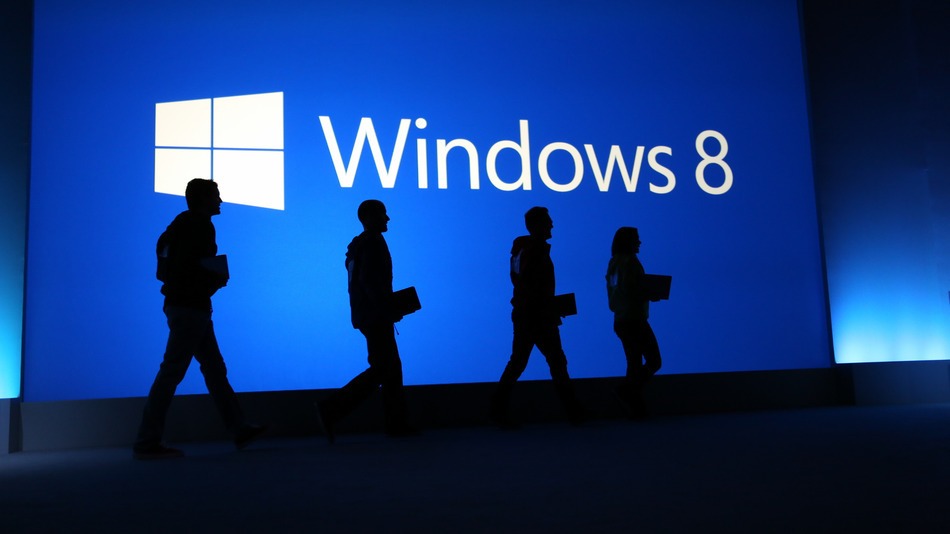• VCUB1 is the first Earth Observation and Data Collection satellite designed by the Brazilian industry
• Nanossatélite will be used to develop and validate Visiona’s space technologies and in agriculture and deforestation control, among other applications.

#thenewscompany : The VCUB1 nanosatellite, developed by Visiona Tecnologia Espacial, a joint venture between Embraer and Telebras, was launched on Saturday from the Vandenberg Launch Base, California, in the United States, at 3h48, Brasilia time. VCUB1 is the first Earth Observation and Data Collection satellite designed by the Brazilian industry and is expected to demonstrate the country’s industry ability to carry out advanced space missions.
“The launch of VCUB1 is historic for the Brazilian aerospace industry because it places the country in a select group of nations that dominate the entire process of satellite development and enables us to fly even higher,” says João Paulo Campos, President of Visiona Tecnologia Espacial. “VCUB1 materializes a years-long effort to create a Brazilian space systems integrator company initiated with the SGDC program.”
The mission’s main objective is to validate the architecture of the satellite and its embedded software so that it can be used in larger satellites. Visiona has implemented and will test in VCUB1 all software that integrates the on-board computer, the brain of the satellite, including the AOCS – Attitude and Orbit Control System, unprecedented in the country, and the OBDH – On-Board Data Handling system, which allows the control of all components of the satellite. The company will also validate the satellite’s communication software, which is essential for the implementation of the final services and to ensure the security of communications and satellite control, a very important element for the country sovereignty in space. The mission will also allow the qualification in the space of the OPTO 3UCAM camera, the first reflective camera designed and produced in Brazil.
The VCUB1 Project has a network of partners formed by institutions such as the Senai Instituto de Inovação, the Government of Santa Catarina, Cemaden (National Center for Monitoring and Alerts of Natural Disasters), Inpe (National Institute for Space Research), Embrapa (Brazilian Agricultural Research Corporation), CPRM (Mineral Resources Research Company), IICA (Inter-American Institute for Cooperation on Agriculture), AEB (Brazilian Space Agency), Ibama (Brazilian Institute of the Environment and Renewable Natural Resources), Naturatins (Nature Institute of Tocantins), Transpetro (Petrobras Transporte) and the City of São José dos Campos, as well as several companies from the Brazilian industrial base such as OPTO, AMS Kepler, Metalcard, Orbital Engenharia, among others.
The project had the financial support of Embrapii (Brazilian Company for Research and Industrial Innovation) and the Senai Institute of Innovation.
Image: https://embraer.bynder.com/share/8B55E440-E8D1-456B-B593E93CA1F6BA3E/
To learn more about VCUB1, please visit: https://visionaespacial.com/plataforma-vcub/
About the launch mission
The launch of VCUB1 was contracted with the logistics and space transportation company D-Orbit. It was launched by the Falcon 9 rocket within the Transporter 7 mission, which will put several small microsatellites and nanosatellites into orbit for commercial and government customers.
After launch, VCUB1 is expected to be taken to its final orbit accurately by D-Orbit’s ION orbital transfer vehicle and will undergo a period of stabilization and preliminary testing. Then, the validation tests of the technologies embedded in the satellite, its primary mission, will be carried out so that it enters into definitive operation in providing remote sensing services and data collection by Visiona.
About Visiona
Visiona is a joint venture between Embraer Defense & Security and Telebras, focused on integrating space systems. It was created in 2012 to meet the objectives of the Brazilian Space Program.
The company was responsible for the Geostationary Defense and Strategic Communications Satellite Program, the SGDC, launched in 2017. In 2018, Visiona announced the program of the first satellite designed entirely by the national industry, the VCUB1, and successfully completed the first Orbit and Attitude Control System for satellites developed in Brazil. Visiona also provides Remote Sensing and Satellite Telecommunications products and services, as well as SAR aerial surveys in the X and P Bands, being one of the references in this market in Brazil, with a track record of more than 100 projects executed.





































